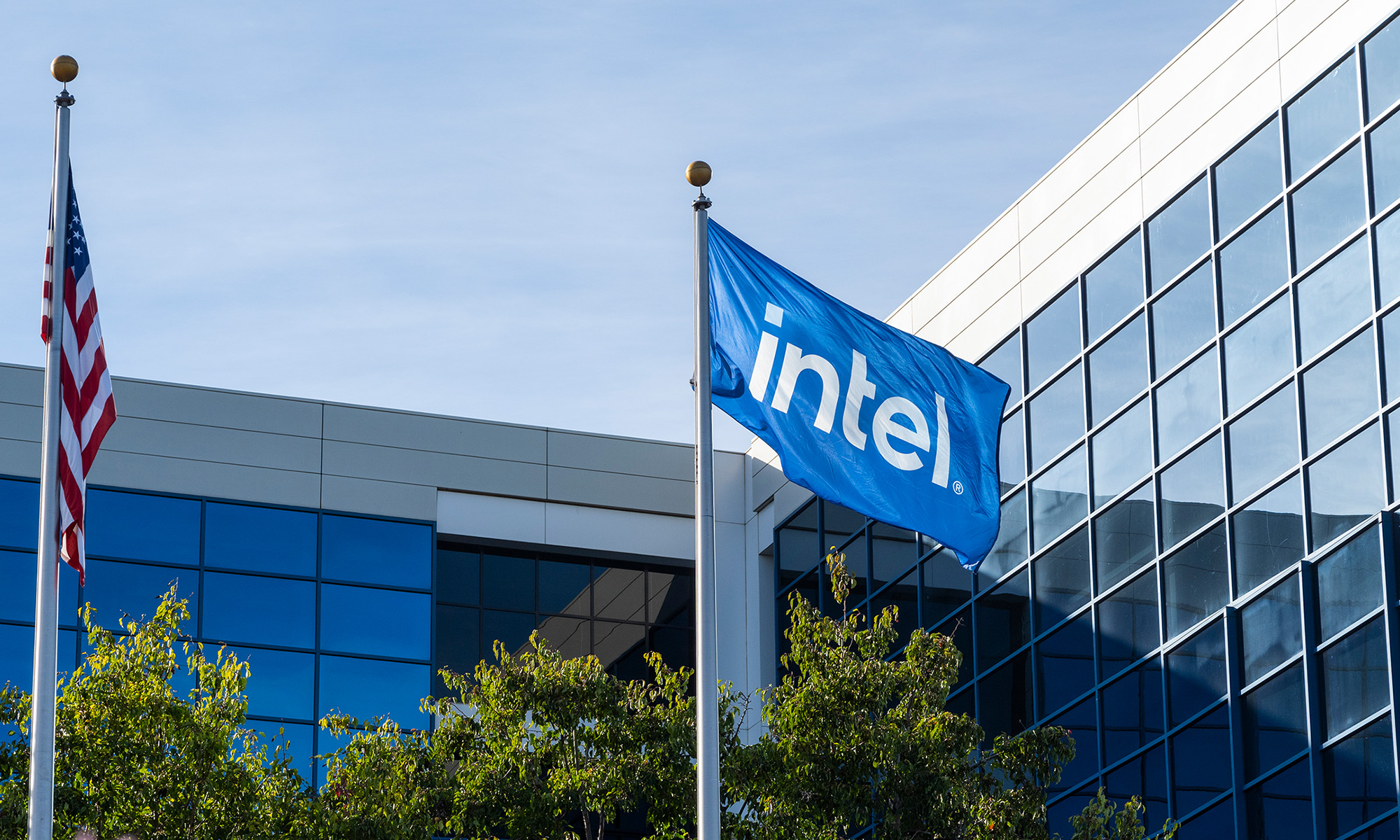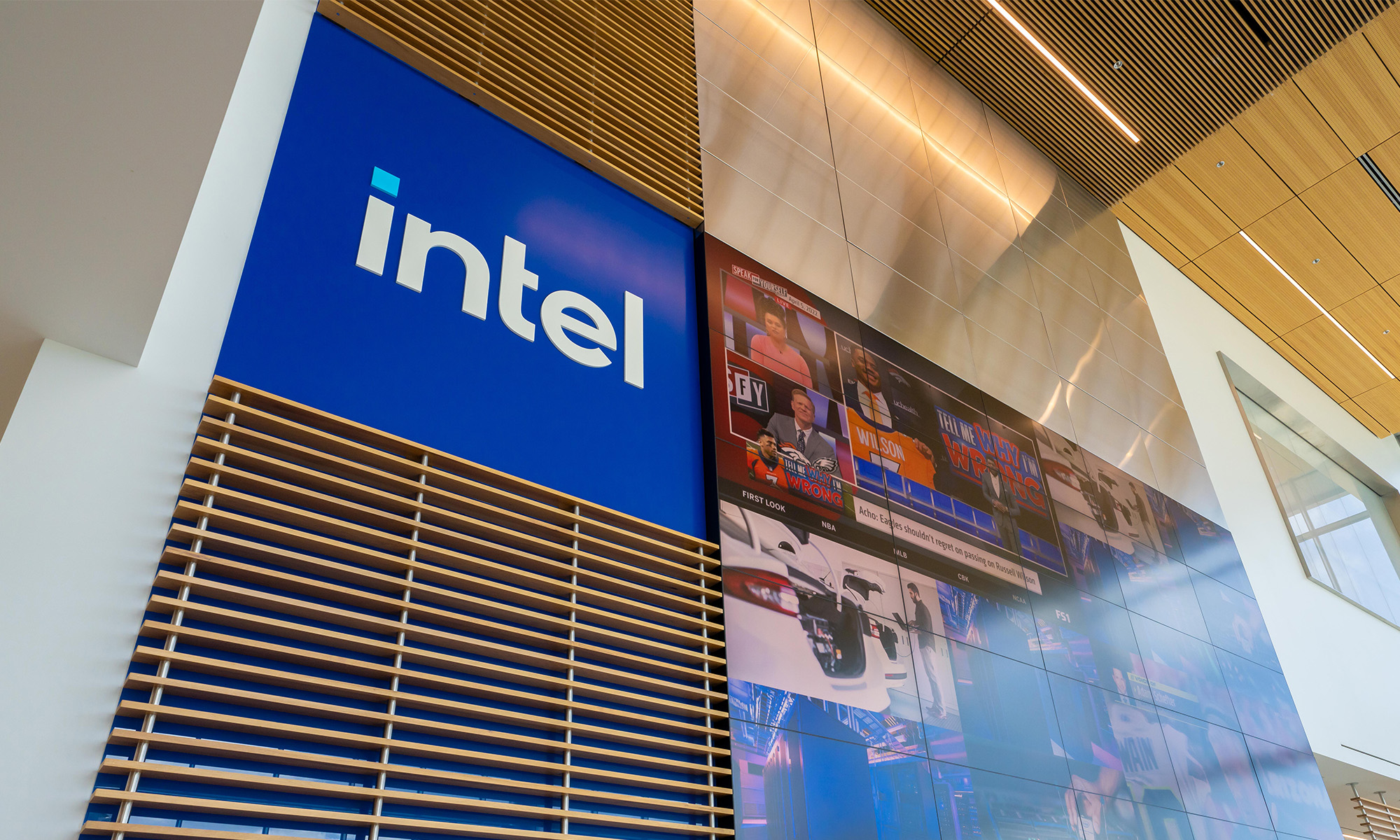Advanced Micro Devices (AMD +1.72%) launched the first of its Ryzen CPUs a little over a year ago. The PC chips, which featured as many as eight cores at a time when rival Intel (INTC 2.81%) limited its mainstream processors to four, came with a big leap in performance compared to the company's previous generation of CPUs. There were shortcomings -- most notably weak single-threaded performance relative to Intel -- but Ryzen put AMD on the right track.
On April 19, AMD will officially launch its second-generation Ryzen CPUs. These chips are an iterative update, adding some new features and higher clock frequencies that should lead to improved performance. They're built on the Zen+ architecture, an update to the original Zen architecture. The jump to Zen 2, which should bring larger performance improvements, is expected sometime in 2019.

Image source: AMD.
Four new processors
The first phase of AMD's launch focuses on the higher end of the mainstream portion of the market. AMD also sells ultra-high-end Threadripper chips, but those aren't getting an update just yet. Here's a rundown of the new products:
- Ryzen 7 2700X: The highest-end chip AMD is launching. A price of $329 is in between the previous-gen 1700X and 1800X. It offers a higher base and turbo clock speed than both of those chips, and it comes with a cooler, which neither included. It has the same eight cores and 16 threads, and it bumps up the thermal design power to 105 watts. That increase in clock speed doesn't come free.
- Ryzen 7 2700: This chip is priced $30 below the 2700X. It's a lower-power option, with a 65 watt thermal design power and a base clock speed well below that of the 2700X. It also features eight cores and 16 threads, but it should be quite a bit slower than the 2700X in terms of single-threaded performance.
- Ryzen 5 2600X & 2600: Both of these chips come with six cores and 12 threads, priced at $229 and $199, respectively. The 2600X has a slightly higher clock speed and a thermal design power of 95 watts, while the 2600 is rated at 65 watts.
These second-gen Ryzen chips are built on a 12-nanometer process from GlobalFoundries, an improvement over the 14-nanometer process used for the original Ryzen chips. This, along with the clock speed increases, should provide a meaningful boost to performance, although nothing like the jump from pre-Ryzen to Ryzen.
"Second generation Ryzen desktop processors take everything that made the original Ryzen so groundbreaking and makes it better -- great performance combined with advanced technology to deliver an amazing experience for the most demanding users," said Jim Anderson, SVP and general manager of AMD's computing and graphics group.
Intel's response
Intel's mainstream processors had been stuck at four cores until AMD upped the ante with Ryzen. The chip giant responded late last year with its Coffee Lake line of processors, which included some six-core processers priced right around the $300 mark. Despite the lower core count compared to the high-end Ryzen chips, a single-threaded performance advantage led Intel's i7 8700K to beat out the competition, especially when it came to gaming.
The second-gen Ryzen chips will narrow, or potentially close, this performance gap. But that won't be the end of the story. Intel is reportedly preparing to launch an eight-core Coffee Lake chip later this year. If Intel is reasonably aggressive on price, this eight-core chip could become the new top dog in the PC enthusiast market.
Before Ryzen, AMD was a bit player in the PC CPU market. Intel dominated overall, and especially in the enthusiast and gaming segments. Ryzen changed that, and the second-gen Ryzen chips will build on AMD's progress. Full third-party reviews of AMD's new chips will hit on April 19, and we'll know more about how competitive the second iteration of Ryzen is at that time.







